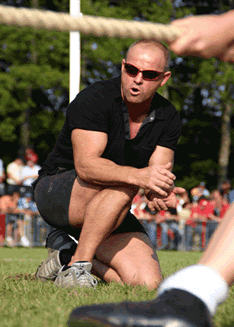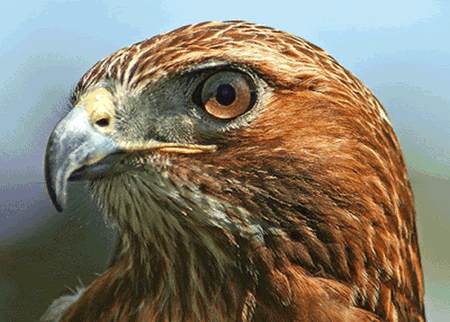Hawk Eyes
You know, tug-of-war is such a unique sport. There is no other sport like it. If you really have to name a sport that’s coming close; it’s rowing.
Similarities
The use of the musculature and the dynamics of rowing have certain similarities with the tug-of-war sport. Though rowing has many disciplines, there is one discipline that comes close to tug-of-war; the coxed eight. That is the discipline with eight rowers plus a coxswain. In the “coxed” disciplines, the coxswain is at the helm and steers the boat. The coxswain is an integral part of the team; he or she also goes with the team on the podium and gets a medal. In the tug-of-war sport, a coach is also an essential and integral part of the team and certainly gets a medal when the team wins the competition. Tug-of-war and rowing are definitely different sports, the job of a tug-of-war coach and a coxswain is very unlike.A tug-of-war coach has no helm to steer the team, whilst the coxswain has no opponent team attached to his boat.

Multi-tasking
The tug-of-war coach acts as the eyes of the team; all the time watching the rival with hawk eyes. The coach observes the opponent and is the early warning system for the team, similar to AWACS aircraft in an air battle.
He sees or even senses when the other team is going to attack or when the other team is slipping or getting tired. So he only has to give the sign when to attack and the team will win.....

Well it is not all that simple....
First of all the other team also has a coach who is watching the opponent; so the coaches are watching each other. Yes, like hawks. It can be a matter of reacting within a split-second to block an attack of the opponent or quickly start an attack so the other team cannot stop it. But the coach has more roles to play in the game; he is the motivator of his team, seeing when to encourage a puller; he is also the conductor, keeping the beat and rhythm of the movement of the team. But in the end it's the technique, the power and the endurance of the total team that decides who is winning or losing the match and the coach is only part of the team.
